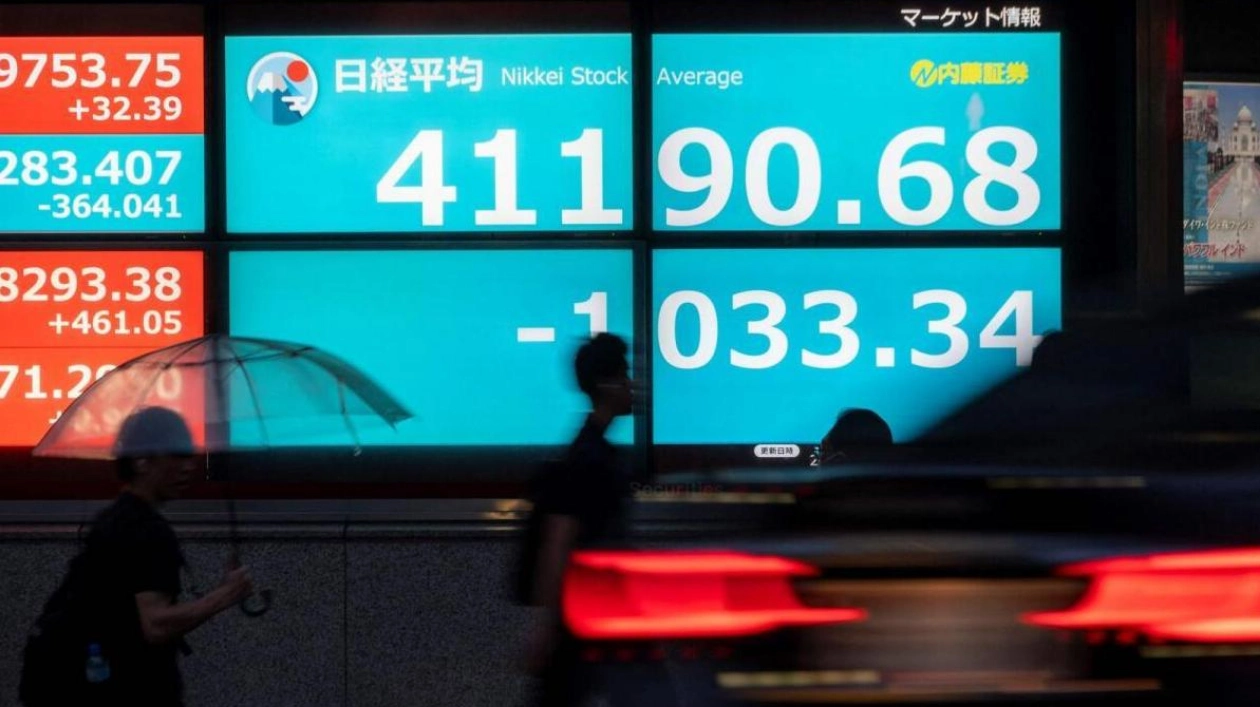Japan is prepared to implement all feasible actions to address excessively fluctuating currency movements, according to Chief Cabinet Secretary Yoshimasa Hayashi, who spoke on Tuesday. His remarks have kept financial markets vigilant regarding the possibility of renewed intervention to support the yen.
"It is crucial for exchange rates to fluctuate steadily, reflecting economic fundamentals. Excessive volatility is not beneficial," Hayashi stated during a routine press conference. "We will monitor exchange rate developments closely and are ready to take all feasible actions," he added. Hayashi did not confirm whether Tokyo had intervened in the currency market to support the yen for two consecutive days last week when asked.
Traders believe that Tokyo intervened in the market to bolster a yen that has been trading at 38-year lows, once on Thursday following a lower-than-expected U.S. inflation report that led to a surge in the yen, and again on Friday. Bank of Japan data indicates that Japan might have spent up to 3.57 trillion yen ($22.51 billion) in intervention on Thursday last week. Financial markets will be watching for the release of money market data later on Tuesday to assess if Tokyo intervened last Friday as well.
The yen rose 3% against the dollar to 157.40 after Thursday's suspected intervention. However, it lost most of its gains and stood at 158.62 on Tuesday, not far from the 160 mark considered by Japanese authorities as a threshold for currency intervention. Some analysts see parallels between last week's suspected intervention and the one on May 1, when dovish comments from Federal Reserve Chair Jerome Powell weakened the dollar.
In both instances, Tokyo likely intervened when the dollar was already declining against the yen, according to Masafumi Yamamoto, chief currency strategist at Mizuho Securities. "This time, intervention occurred when the dollar/yen wasn't necessarily rising sharply," he said. "This indicates that authorities were more concerned about the yen's level, below 160 (to the dollar), rather than the speed of its declines."
While a weak yen benefits exporters, it has become a concern for Japanese policymakers as it inflates the cost of fuel and food imports, thereby affecting consumption. Japanese authorities have recently adopted a policy of not confirming whether they have intervened in the currency market or not.






